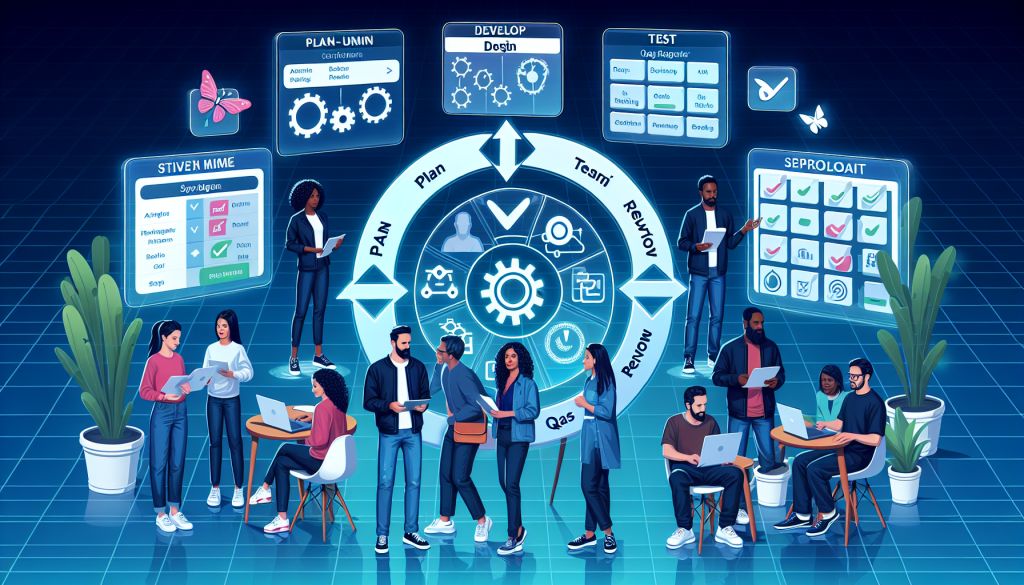In todays fast-paced and ever-evolving business landscape, Agile project management has emerged as a popular methodology for delivering projects efficiently and effectively. Agile Tools Uncovered: Strategies for Implementation . At the core of Agile project management are Agile tools, which play a crucial role in facilitating collaboration, communication, and transparency among team members.
Agile tools are software applications that are specifically designed to support Agile project management practices. These tools help teams to streamline their workflows, track progress, and adapt to changing requirements in real-time. By providing a centralised platform for project planning, task management, and communication, Agile tools enable teams to work together seamlessly towards a common goal.
One of the key advantages of Agile tools is their ability to enhance team productivity and efficiency. By automating repetitive tasks, such as scheduling meetings, assigning tasks, and tracking progress, Agile tools free up valuable time for team members to focus on more strategic activities. This not only improves the speed of project delivery but also enhances the quality of the final product.
Another benefit of Agile tools is their ability to promote collaboration and communication among team members. By providing a shared workspace where team members can collaborate on tasks, share updates, and provide feedback, Agile tools foster a culture of transparency and accountability within the team. This leads to improved decision-making, increased team morale, and ultimately, better project outcomes.

Looking ahead, the future of Agile project management is closely tied to the evolution of Agile tools. As technology continues to advance, we can expect to see even more sophisticated and user-friendly Agile tools that are tailored to the specific needs of Agile teams. These tools will leverage technologies such as artificial intelligence and machine learning to automate repetitive tasks, provide real-time insights, and enhance collaboration among team members.
In conclusion, Agile tools are the backbone of Agile project management and are poised to play an increasingly important role in the future of project delivery. By embracing Agile tools, teams can drive innovation, boost productivity, and ultimately, achieve greater success in todays fast-paced and competitive business environment.